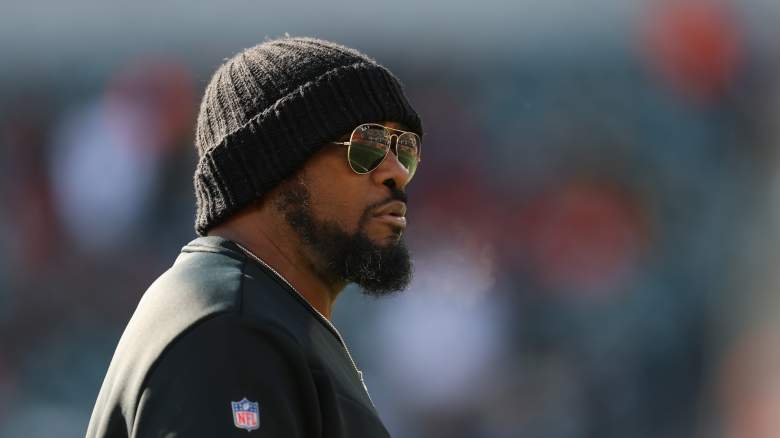What's New?
The United States is transferring the coordination of Ukrainian military aid to the North Atlantic Treaty Organization (NATO), reportedly due to concerns that support for Kyiv could dry up under the incoming Trump administration.
Reuters reported on Tuesday that the transfer is a "move widely seen as aiming to safeguard the support mechanism against NATO skeptic U.S. President-elect Donald Trump."
"NATO structures have taken over the coordination of Western military aid to Ukraine," German newspaper BILD said on its Russian-language Telegram channel, citing an unnamed source, adding that the move relates "to concerns that future US President Donald Trump will limit aid to Kyiv."
When contacted for comment, NATO referred Newsweek to the announcement made by Supreme Headquarters Allied Powers Europe (SHAPE), the alliance's military headquarters in Belgium.
"NATO Security Assistance and Training for Ukraine (NSATU) is beginning to assume responsibilities from U.S. and international organizations established to provide support to Ukraine soon after Russia's invasion of the country in February 2022," the announcement read.
Why It Matters
The transfer of responsibility comes only one month before the inauguration of President-elect Trump and an anticipated sea change in America's approach to the Ukraine-Russia conflict.
The president-elect and his allies have frequently made their skepticism regarding U.S. support for Ukraine known. Trump has promised to swiftly end the war through a negotiated settlement between Russian President Vladimir Putin and Ukrainian President Volodymyr Zelensky while criticizing Biden's approach to the war.
What To Know
Until now, the Ukraine Defense Contact Group, otherwise known as the Ramstein group, has spearheaded efforts to equip Ukraine's military. The U.S.-led coalition, comprised of around 50 states and representatives from international organizations, was formed shortly after the Russian invasion in February 2022 and has regularly convened to coordinate military procurement efforts for Kyiv.

NSATU, the NATO command being handed the mantle, was formed earlier this year "to plan, coordinate, and arrange delivery of security assistance that Ukraine needs to prevail in its fight today, and in the future."
NSATU will primarily focus on overseeing the training of Ukrainian soldiers at facilities in allied nations while also providing support for military aid and the long-term development of Ukraine's armed forces, according to Secretary-General Jens Stoltenberg's announcement at the July NATO summit in Washington, D.C.
The U.S. Department of Defense told Newsweek that NSATU will not replace the Ukraine Defense Contact Group nor the Security Assistance Group, Ukraine (SAG-U), a Defense Department-led command also focused on coordinating weapons shipments and personnel training for Ukraine's Armed Forces.
What People Are Saying
U.S. Army General Christopher Cavoli, Supreme Allied Commander Europe, in SHAPE's Tuesday announcement: "The work of NSATU – to coalesce Allied and partner support – is designed to place Ukraine in a position of strength, which puts NATO in a position of strength to keep safe and prosperous its one billion people in both Europe and North America. This is a good day for Ukraine and a good day for NATO."
What Happens Next?
It is unclear what NATO and NSATU's more central role in Ukrainian military assistance will mean for the overall level of support being sent to Kyiv going forward.
U.S. President Biden, meanwhile, is making a last-minute push to ship weapons to Ukraine amid concerns that the incoming administration may halt military hardware deliveries to the country.
Do you have a story we should be covering? Do you have any questions about this article? Contact LiveNews@newsweek.com.




















 English (US) ·
English (US) ·